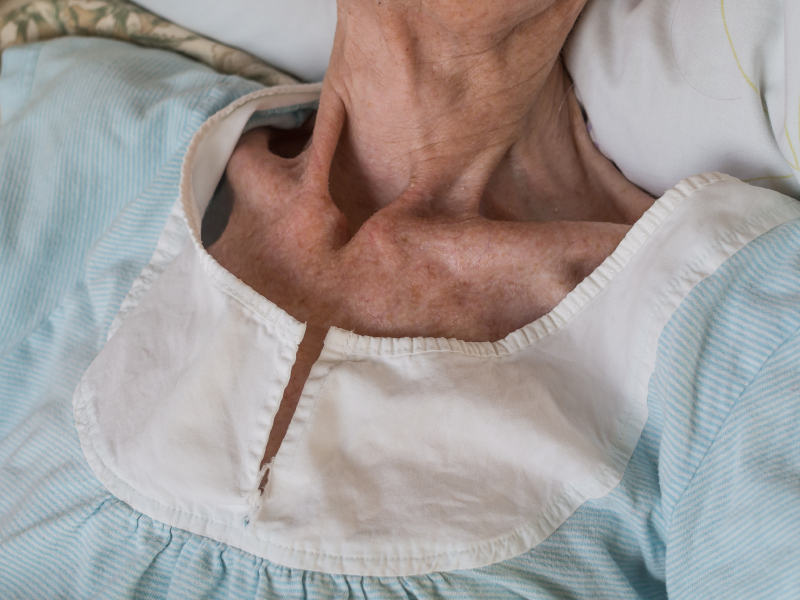Data from twelve countries submitted to a pooled data investigation looking at the prevalence of malnutrition among aging seniors revealed some alarming information. The study, published in the Journal of the American Geriatrics Society, revealed that 2/3 of the 4507 participants, mostly women and with a mean age of 82.3, were either at risk of being malnourished or were malnourished.
Even more shocking was the notation in the same study that nearly 14% of nursing home residents, over 50% of rehab patients and just under 39% of hospital patients were malnourished. This isn’t the same thing as saying those individuals who were classified as malnourished weren’t fed, but it does suggest that there are any number of factors at work with the end result being that these aging seniors didn’t consume adequate nutrition despite the fact that they may have eaten adequate calories.
One of the side effects of some medications is that they can diminish appetite, restrictions may be in place prior to surgery or the patients may simply not find food appetizing. Additionally ill fitting dentures or sore gums may make eating painful, loneliness may cause depression and lack of interest in eating or poverty may have created poor eating habits.
A separate study notes that “malnourished patients experience 2 to 20 times more complications, have up to 100% longer hospital stays, and compile hospital costs $2,000 to $10,000 higher per stay.” Nancy Wellman, nutritionist and instructor at Tuft University’s Friedman School of Nutrition Science and Policy, says the hospitalization-nutrition door swings both ways, noting that the sick are more likely to become malnourished, and the malnourished are more likely to become sick.”
Both of these studies make a great argument for hospitals, under increasing budget pressures, and physicians to examine a refreshed approach to patient interactions.
What if patients, young and old, were assessed for nutrition?
What if, in addition to prescriptions for drugs, patients were given prescriptions for nutrition?
A simple Google search for ‘clinicians prescribing vegetables and fruits” returned lots of articles suggesting that there are plenty of doctors who are starting to write prescriptions for nutritional health, some in partnership with other agencies that provide coupons and most involving partnerships with health units whose contribution is educating end users about choices, recipes and resources.
To read more on the subject of elder malnutrition, follow this link for an informative, thought provoking article authored by Nell Lake.






Add Your Voice
0 Comments
Join the Discussion